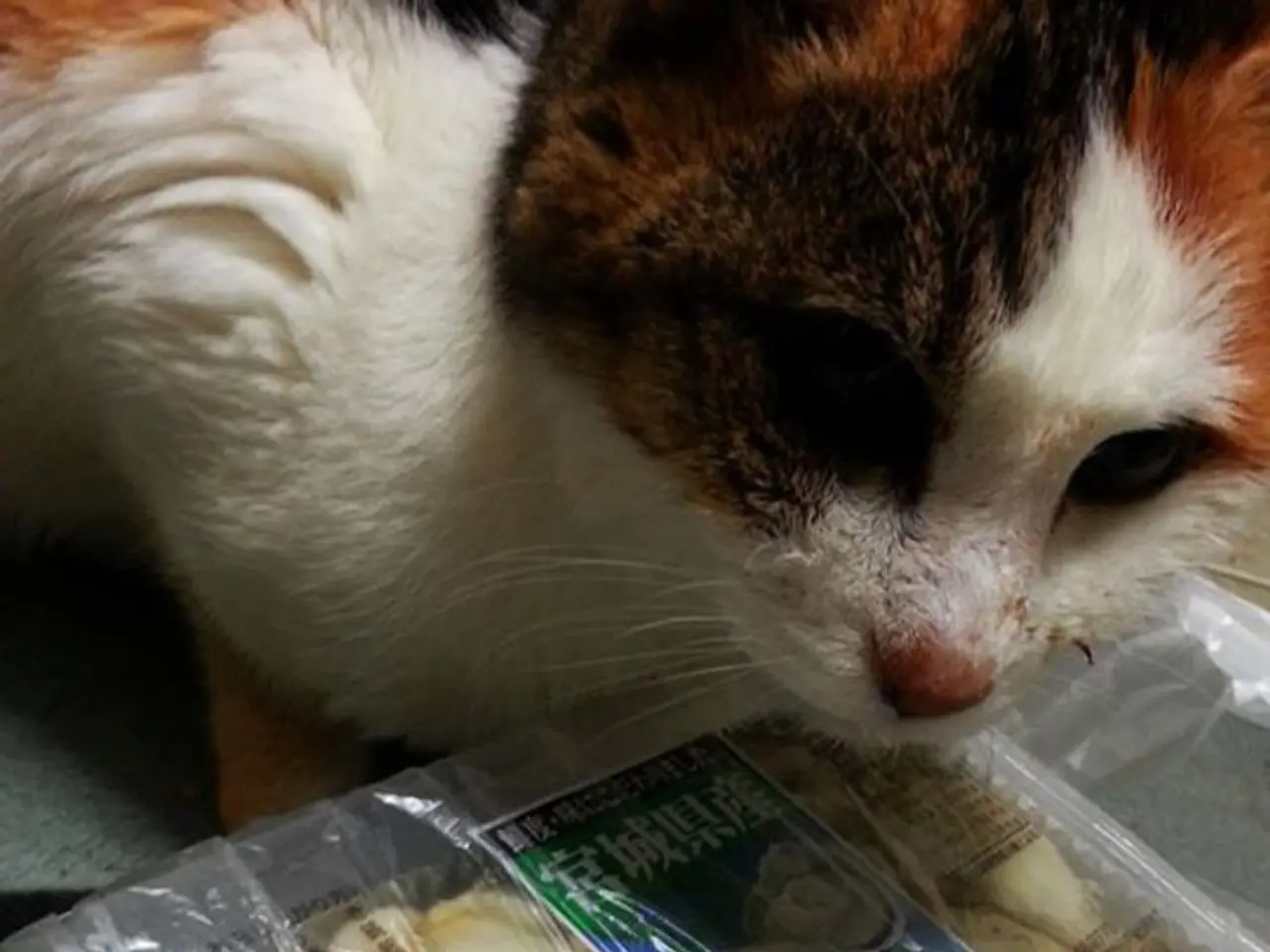Can Domestic Cats Consume Eggs? Is it Safe for Kittens to Eat Eggs?
Can Cats Safely Eat Eggs? A Guide to Feeding Cats Eggs
Are you considering adding eggs to your cat's diet as an occasional treat? While it's possible, there are some important safety guidelines and nutritional considerations to keep in mind.
Firstly, it's essential that eggs are fully cooked. This helps eliminate risks from harmful bacteria like Salmonella and E. coli. Always ensure that the eggs are cooked to an internal temperature of at least 160°F. Cats should never be fed raw eggs or raw egg whites due to bacterial risks and the presence of avidin protein, which interferes with biotin absorption and nutrient uptake.
When it comes to nutritional benefits, cooked eggs provide cats with high-quality animal protein and essential amino acids beneficial for muscle maintenance and bodily functions. However, eggs do not constitute a complete and balanced diet for cats since they lack some essential nutrients cats need, so eggs should only be offered occasionally as a treat or supplement to a species-appropriate complete cat food.
Regarding eggshells, they contain calcium, an important mineral for cats. However, feeding whole or large pieces of shells is not recommended due to choking risks. Powdered eggshells can be used as a calcium supplement, but only under veterinary guidance to avoid mineral imbalances.
It's important to note that some cats may develop egg allergies, with symptoms including itchy skin, ear infections, or gastrointestinal upset. If a cat shows signs of egg allergies, it's recommended to stop feeding eggs and consult a vet.
When it comes to kittens, their nutritional needs are more sensitive and their immune systems are weaker. While they can potentially eat eggs, it's not recommended that eggs become a main part of their diet. Eggs should not be the sole source of nutrition for kittens, and their primary diet should always be a complete and balanced cat food meeting AAFCO standards to provide all essential nutrients.
In summary, it's safe to feed your cat eggs only if they are fully cooked and not raw. Remove eggshells when feeding whole eggs, and consider using powdered eggshells as a calcium supplement only under veterinary guidance. Use eggs as an occasional protein-rich treat, not as a main food source, since eggs lack a full nutrient profile required by cats. Always ensure your cat’s primary diet is a complete and balanced cat food meeting AAFCO standards to provide all essential nutrients. By following these guidelines, you can help minimize health risks and benefit your cat’s nutrition safely.
Incorporating technology to optimize a cat's diet, one might create a lifestyle app that offers reminders for a species-appropriate complete cat food and safe egg treat occasions based on AAFCO standards and nutritional needs. Additionally, a home-and-garden project could involve setting up a chickens coop, supplying fresh eggs for occasional pet treats, while ensuring the hens are well-taken-care of and disease-free.






